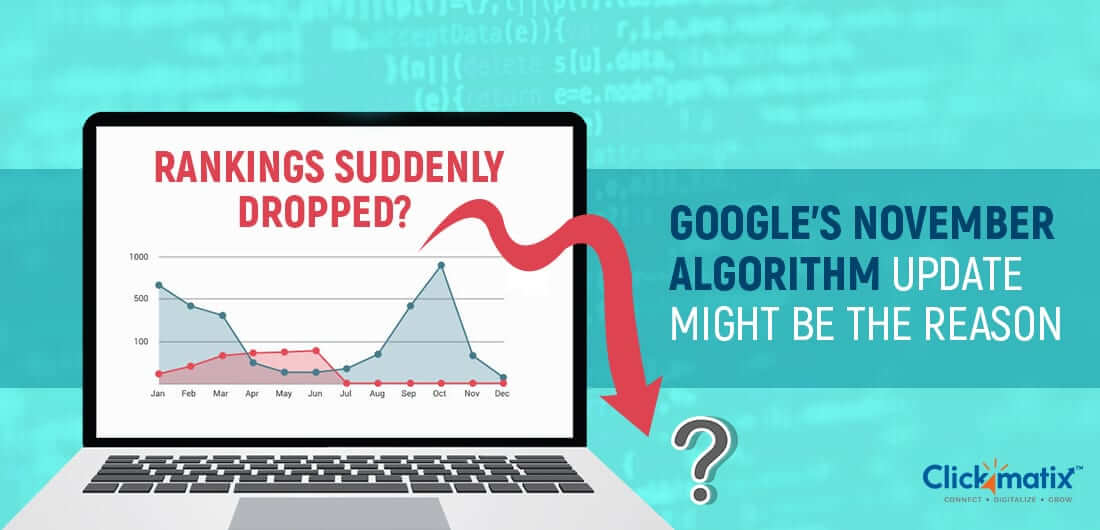
In the past, Google was limited to a couple of updates per year. With limited quantity, SEO experts and online marketers could easily digest the changes and were able to take the required action within a given time period. Now, Google announces hundreds of new major and minor updates to their search engines each year. In 2018 alone, Google made 3234 updates (i.e. on an average of 9 updates per day).
Today, SEO service providers in Australia are more worried about Google’s upcoming updates while still tackling the contents of previous algorithm updates. For example, Google rolled out the September 2019 Core Update which had a major impact on health and medical sites. Later, on 2nd October 2019, another update took place that went unnoticed because it was quite minor. Google didn’t even confirm the update. Next came the BERT Update on October 22, 2019, which gave Google the ability to better understand search queries and the context in which they may appear.
Google announced on its blog that BERT is one of the most major updates in the past 5 years.

Without any doubt, Google’s September Core Update and BERT Update are majorly affecting sites in more ways than one.
Google September 2019 Core Update
As per the changes noticed, websites with strong link profiles, high-quality content, and effective keyword coverage have made their way into the top 10 ranking positions on Google.
The more noticeable change that took place is that websites that previously held first ranking positions on Google dropped to 4th position and were replaced by 3 videos in a carousel. Their 4th position is still technically considered the first organic position, but they will appear after videos. This means, despite having superior content, their website may face decreased traffic due to the decreased visibility.
BERT Update
Here’s what Google says about the BERT update:
‘These improvements are oriented around improving language understanding, particularly for more natural language/conversational queries, as BERT is able to help Search better understand the nuance and context of words in Searches and better match those queries with helpful results.
Particularly for longer, more conversational queries, or searches where prepositions like “for” and “to” matter a lot to the meaning, Search will be able to understand the context of the words in your query. You can search in a way that feels natural for you.’
BERT stands for Bidirectional Encoder Representations from Transformers. It is a natural language processing approach that helps Google understand users’ queries along with their context.
For example, many countries have different interpretations for different sentences. Let’s say, in New England, the word ‘cow’ means a large striped bass under the context of fishing. Before the update, if you typed ‘How to catch a cow fishing?’, Google offered livestock in the results. But, after this update, the results were as anyone from New England would expect. This time, Google connected the dots to provide the relevant result.
Back to our topic of dropped rankings. If you are worried about your dropped ranking, here are 3 ways Google’s latest update could have affected your sites.
3 Reasons Why Your Site May be Facing Ranking Issues
- The arrival of New Elements
As explained above, Google’s September 2019 Core Update replaced top rankings with videos, and it may have swapped your spot with other sources too. If videos haven’t replaced your site, featured snippets and ‘people also ask’ boxes may be pushing your link down.
It doesn’t mean you have low-quality content – Google just introduced new elements that pushed your rankings down, which resulted in fewer clicks. As you already know, the first ranked sites always win the most clicks.
- Major On-Site Changes
Have you made any on-site changes?
Experts have studied cases where people made on-site changes at the same time Google’s new updates were rolling out. This resulted in many sites dropping despite the positive changes just made. Like moving a site from a non-secure zone to a secure one or updating internal linking, making them more relevant to the keywords and web page.
If you have made some changes, make sure you didn’t accidentally make your website hard to crawl for search engines. Or maybe you removed some navigational links that included pages you wanted to get higher rankings for.
- You are Not Offering the Best Results
Do you know why Google is introducing new elements in place of organic links? Because elements like featured snippets or carousel videos have better answers than links. Also, they eliminate the need to link-click. Obviously, whichever option offers the best answers is going to win the clicks.
If Google has dropped your first ranking position and is recommending answers from other links as opposed to yours, you need to update your content because what you’ve provided doesn’t adequately inform users. When creating new content, make sure you keep your target users and what they may search for in mind.
Bonus Tip
If you want to be aware of which penalty hit your site, set up Google Search Console on your site. It will alert you whenever any penalty is applied due to an algorithm update. The immediacy of these warnings can’t be guaranteed, but at least you will be provided with some essential information.
Below is an example of how Google Search Console alerts you.
To Conclude
There is no universal solution for what to do a post-Google update. But, one can start with trying to find the answers to why their ranking dropped. The best place to start is with pages or content that replaced yours. Find out what they offer and compare it to your own website content and experience and adapt. We also advise registering your company in Google My Business. It will help your ranking as well.

Get weekly insights for revenue-shifting results
Sign up for our newsletter and be the first one to know about our exclusive offers, digital marketing news and updates.
|
|
Thank you for Signing Up |


In search for strategic sessions?
Let us understand your business thoroughly and help you
strategies your digital product.
It's time to call your business-
a brand!
Australian Owned Agency
Save Time and Money
Unbeatable Value
Where Work Gets Done

free Ecommerce SEO guide for Higher Sales & Conversion


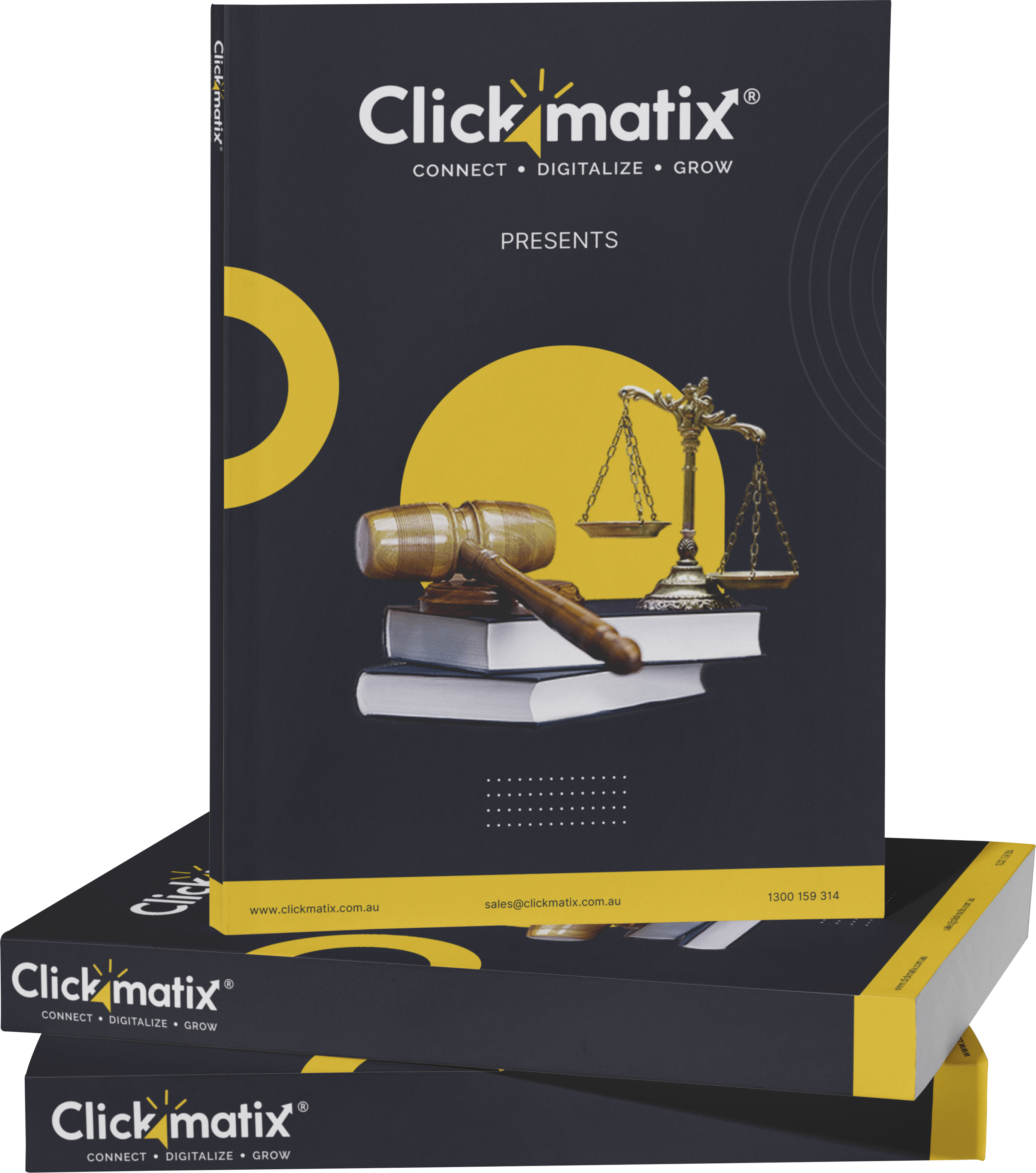
THE ULTIMATE MARKETING GUIDE FOR LAWYERS



Youtube Ads Guide How to Advertise on Youtube



free Ecommerce SEO guide for Higher Sales & Conversion


It's time to call your business-
a brand!
Australian Owned Agency
Save Time and Money
Unbeatable Value
Where Work Gets Done



The Game-Changing Ecommerce SEO Guide That Will Blow Your Mind & Sales
With this Ecommerce SEO Guide, you'll be able to:
- Develop a Ecommerce SEO strategy.
- Build a content marketing strategy that aligns with your business goals.
- Convert your website visitors into paying customers.



Youtube ads guide how to advertise on youtube
With this Youtube ads Guide, you'll be able to:
- Develop a Youtube ads strategy.
- Build a type of ads of your own that aligns with your business goals.
- Generate revenue from youtube ads.
It's time to call your business-
a brand!
Australian Owned Agency
Save Time and Money
Unbeatable Value
Where Work Gets Done








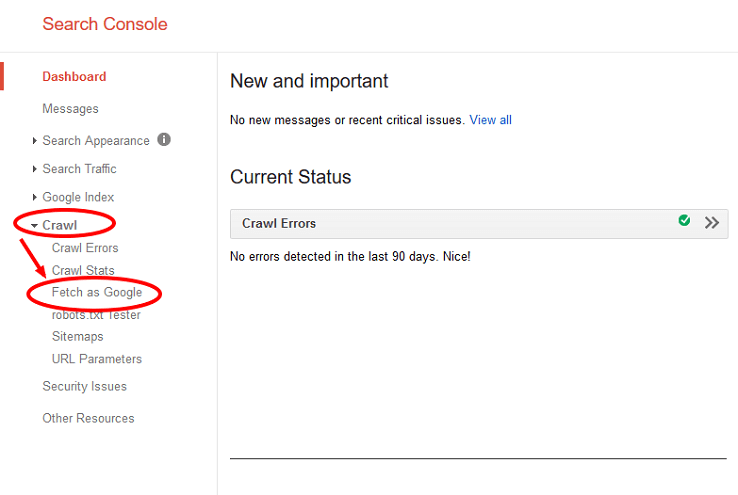
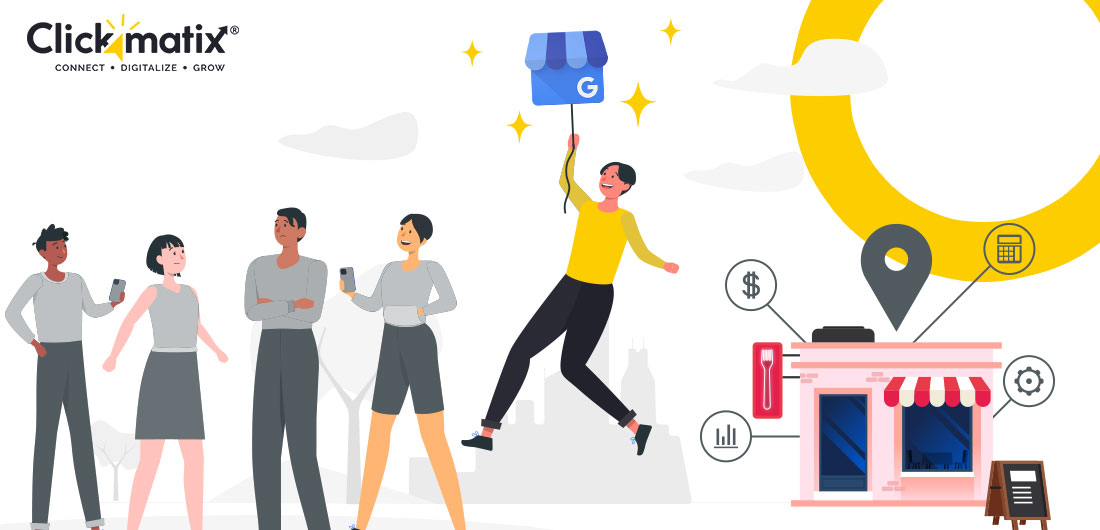



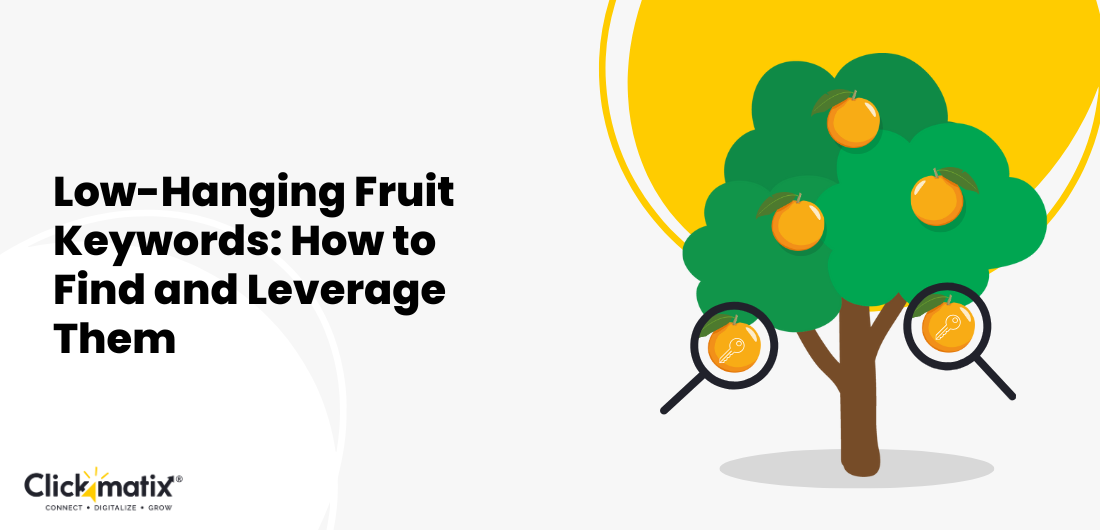
 Australian Owned Agency
Australian Owned Agency Save Time and Money
Save Time and Money Unbeatable Value
Unbeatable Value Where Work Gets Done
Where Work Gets Done